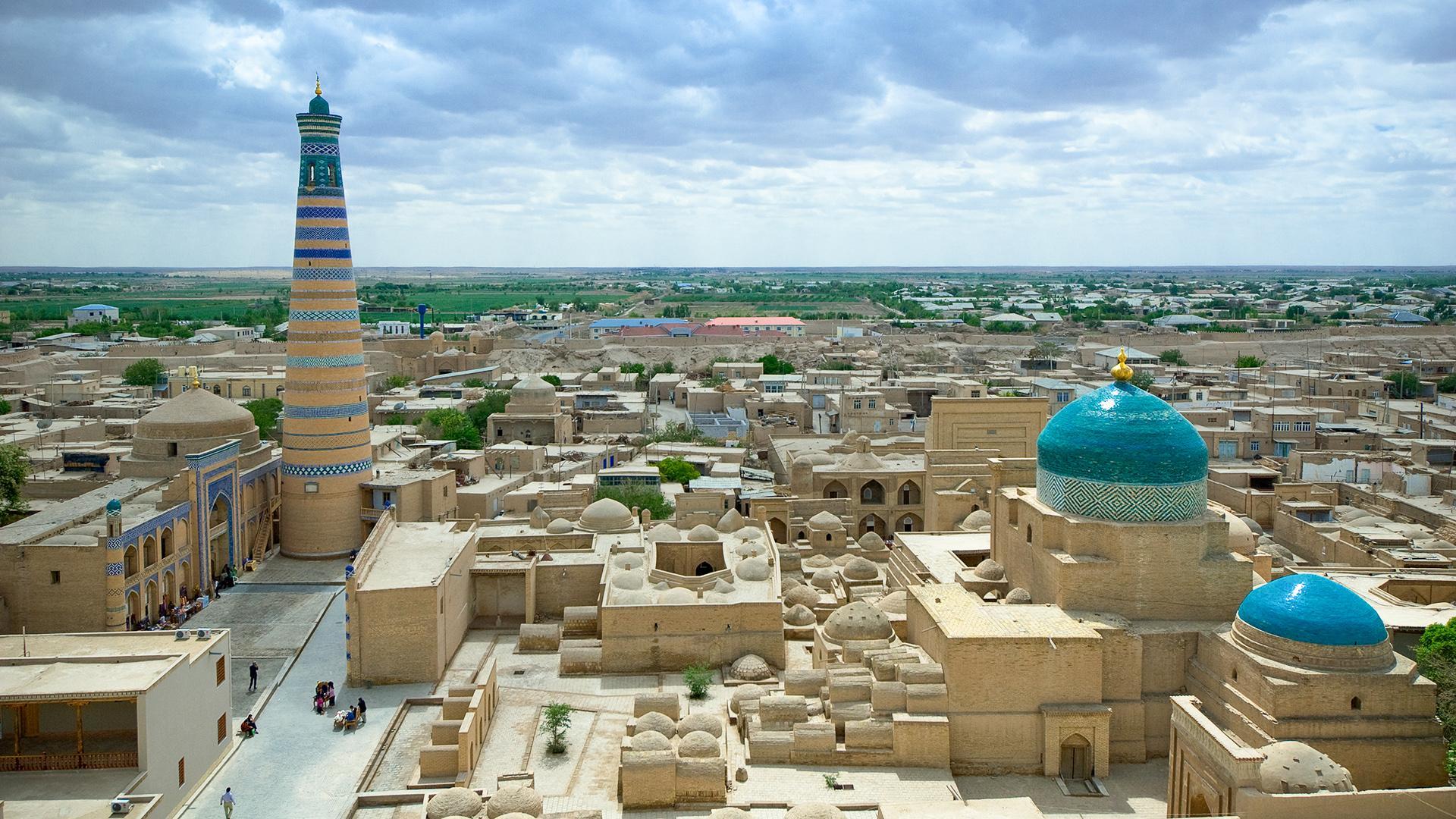
To diversify Uzbekistan’s agriculture sector toward higher-value commodities, USAID partners with the government and the private sector on horticulture, viniculture, agro-processing, produce packaging and quality certification. USAID also facilitates trade within the region and to Europe and Asia.
Uzbekistan’s border with Afghanistan and its existing transportation infrastructure make it an attractive gateway for increasing Central Asian and Uzbek trade with Afghanistan and South Asia. Uzbekistan is expanding economic development through more extensive cross-border trade.
USAID facilitates Uzbek exports to Afghanistan and other neighboring countries, trains Uzbek companies on international quality standards, introduces and explains international best practices for manufacturing, and facilitates dialogue between domestic companies and government agencies on trade policies and practices.
The EBRD is monitoring Uzbekistan's policy response to the coronavirus pandemic. Our biweekly publication identifies the major channels of disruption as well as selected impact and response indicators.
Real GDP increased by 3 per cent year-on-year in the first quarter of 2021 (compared to 4.6 per cent a year ago). Growth was recorded in all main sectors: services, industry, construction and agriculture. A surge in remittances (up 34 per cent year-on-year in US$ terms in the first four months) stimulated private consumption and growth in retail trade (up 2.8 per cent year-on-year).
However, investment activity has not yet recovered, with fixed investment down by 3.5 per cent year-on-year in the first quarter of 2021. Exports contracted by around 20 per cent year-on-year in January-April 2021, primarily as exports of gold were brought to a halt. Imports were up by 7 per cent year-on-year.
Inflation is slowing down (10.9 per cent in May 2021 versus 14 per cent a year earlier) thanks to lower growth in food prices. The policy rate has been kept unchanged since September 2020 at 14 per cent. Public debt rose from 30.8 per cent of GDP at end 2019 to 40.1 per cent in March 2021.
Fiscal policy will continue to support the economy in 2021 with the consolidated fiscal deficit targeted at 5.5 per cent of GDP. Ambitious market reforms, including privatisation and improved governance of state-owned enterprises, continue to advance despite the crisis. GDP growth is projected to ratchet up to 5.6 per cent in 2021 and 6 per cent in 2022 as private consumption and investment are expected to rebound.
By Sher Karimov




